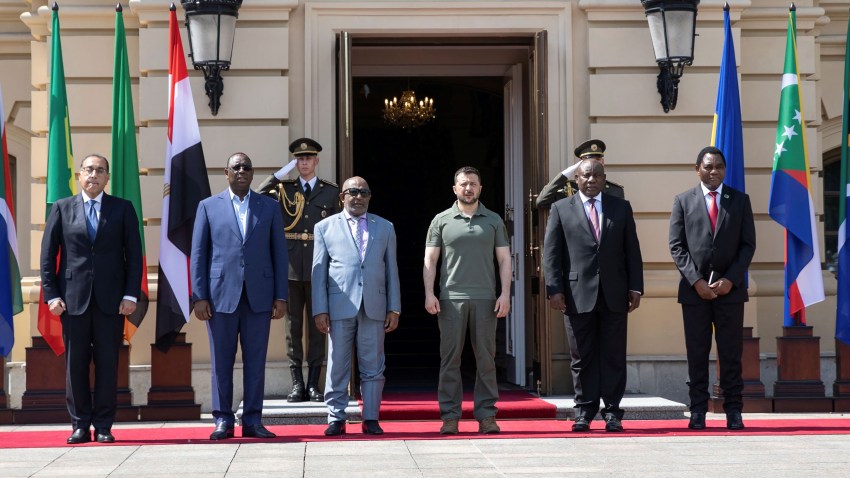Two weeks ago, the Washington Post reported that the administration of U.S. President Joe Biden is crafting a proposal to reform the United Nations Security Council. While the details of the plan are still unknown, the Biden team’s apparent intent to protect the veto power for the five permanent Security Council members—the U.S., the U.K., France, China and Russia, collectively known as the P5—signals a lack of true commitment to meaningful reform and a balanced international system.
Meanwhile, Global South countries continue strengthening South-South cooperation and parallel multilateral organizations, and some of them are stepping up with diplomatic initiatives seeking to broker a peace deal between Ukraine and Russia. In a nutshell, the world is not waiting for Washington to strengthen multilateralism.
Many political leaders and observers in Washington have adopted the prism of great power competition, according to which the United States’ adversaries are purportedly seeking to undermine U.S. power. In response, the U.S. is intent on maintaining its position of strength, but it often does so by advancing strategies that hinder multilateral cooperation. A more useful framework of analysis to explain the country’s declining influence could be to look at how some U.S. policies undermine Washington’s standing in the international system and lead foreign counterparts to seek alternatives in times of need. Such introspection could, in turn, motivate U.S. leaders to rethink the United States’ role in an evolving global order.

